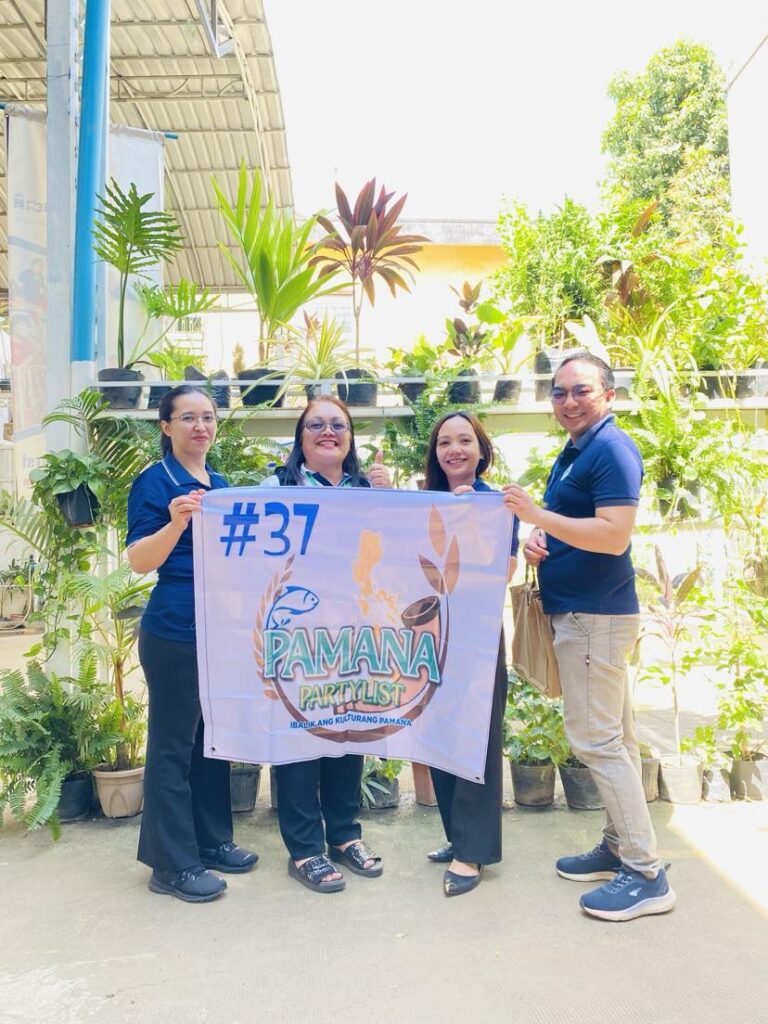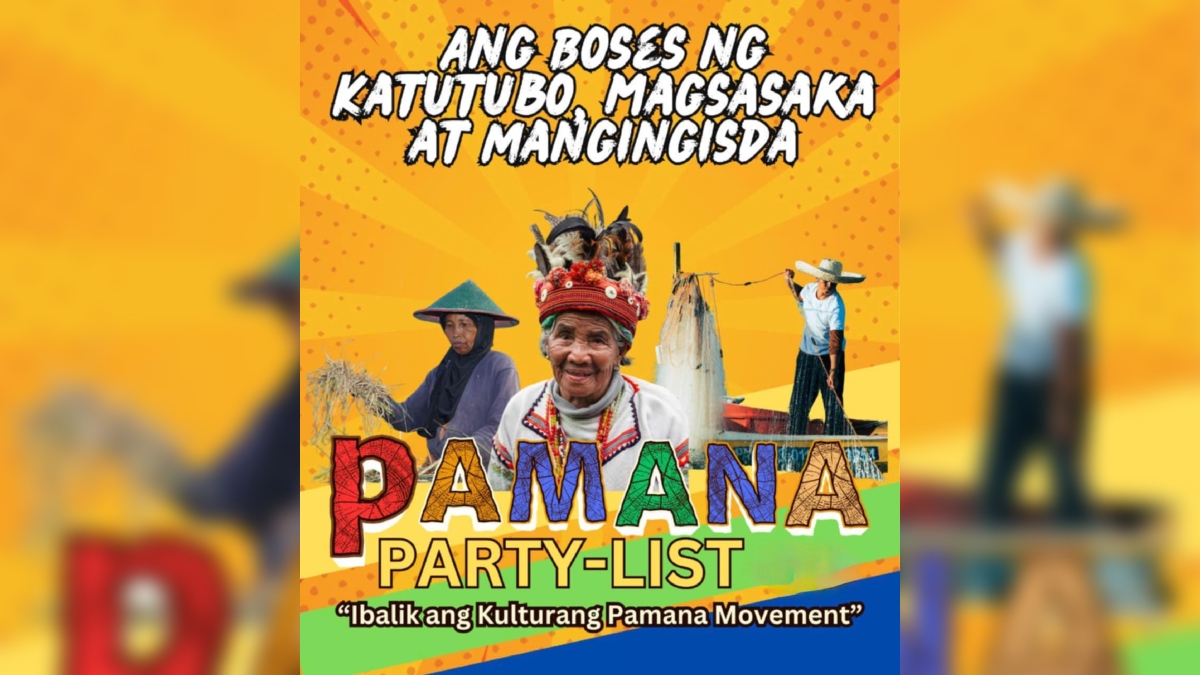The Igorot tribal community, an indigenous group in the Philippines, hails from the mountainous regions of the Cordillera Administrative Region (CAR). Known for their rich culture, deep connection to nature, and communal values, the Igorots exemplify resilience and resourcefulness. Their practices, traditions, and way of life have endured for centuries, showcasing a harmonious balance between heritage and progress. Despite this, the Igorot community faces challenges in preserving their culture, achieving equitable development, and gaining sufficient representation in national discussions. This is where entities like Pamana Partylist come in, bridging the gap between marginalized groups and the broader national agenda.
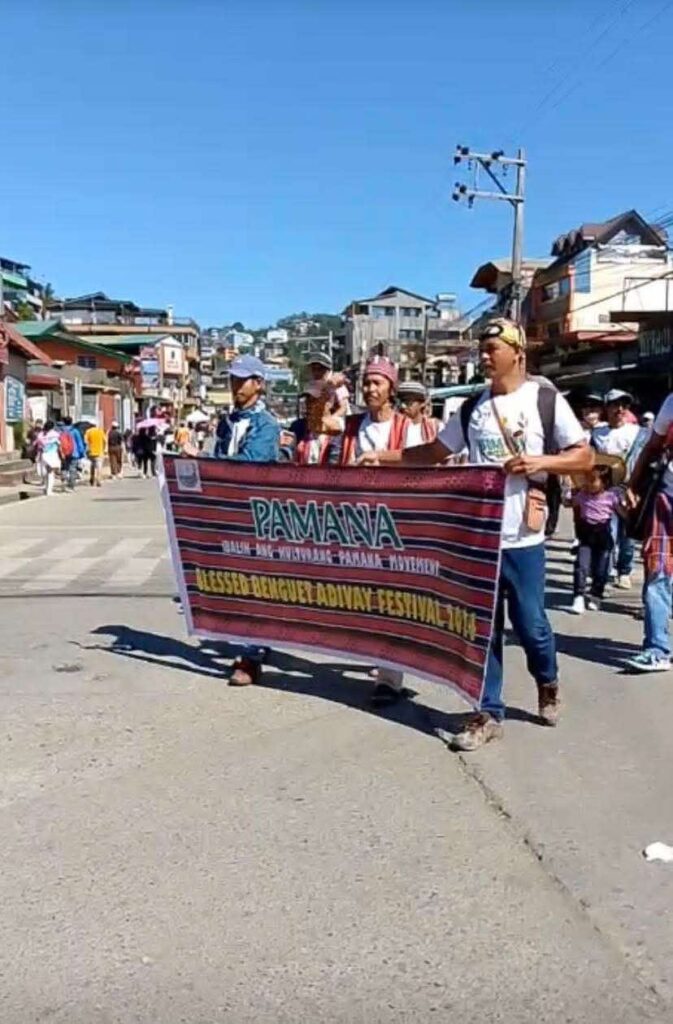
The Igorot community consists of various ethnolinguistic groups, such as the Ifugao, Kankanaey, Bontoc, and Kalinga. These groups share a deep-rooted respect for nature, as seen in their traditional farming methods, like the Banaue Rice Terraces, a UNESCO World Heritage Site. Their indigenous practices in agriculture, weaving, and woodcarving contribute to the cultural and economic wealth of the Philippines.
Igorot traditions emphasize collective effort, which is reflected in their “bayanihan” spirit—working together for the common good. This mindset can serve as a model for national unity and progress. However, the Igorots have often faced neglect, with limited access to infrastructure, education, and economic opportunities in their remote communities. Addressing these challenges requires inclusive governance and policies that recognize their unique needs and contributions.
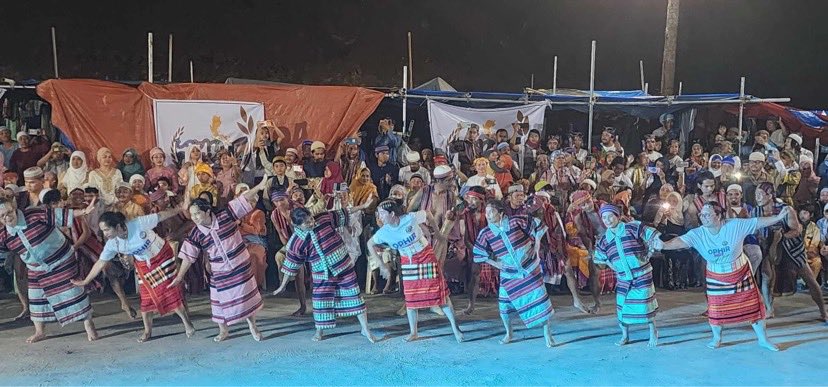
“I am a daughter of a miner, raised in the mountains of Cordillera. We are known as Igorots, categorized as a minority and marginalized sector. Yet, I take immense pride in being an Igorot. We hold dear to our customs, our way of life, and our land – these elements define our identity. I firmly believe that through the Pamana Partylist, we can effectively promote advocacy and bring change to the nation”, shared by Ms. Jackie Erallo, an Igorot currently based in Cambodia.
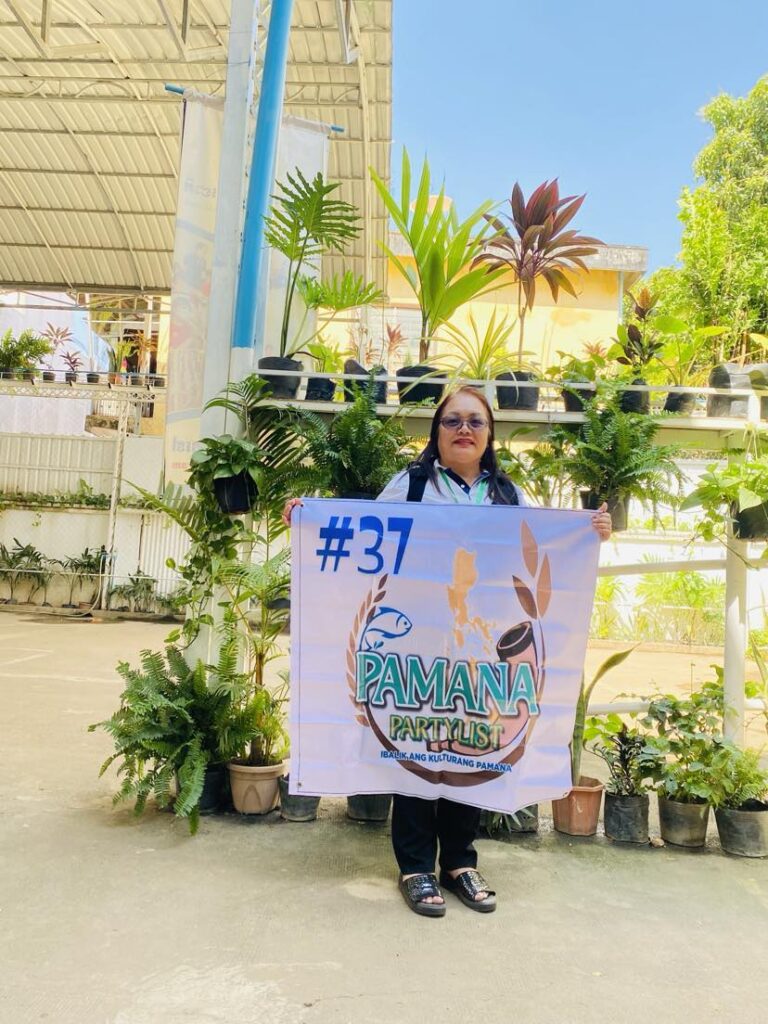
Pamana Partylist aims to champion the welfare of indigenous peoples (IPs), upland farmers and the fisherfolks by advocating for inclusive development and sustainable progress. Their vision is a just and equitable society where no community is left behind, and their mission is to promote policies that empower these groups through education, livelihood programs, cultural preservation, and infrastructural development
Many Igorots rely on agriculture, weaving, and craftsmanship for their livelihood. Pamana Partylist can support these industries by promoting sustainable practices, providing access to markets, and facilitating government programs that fund local enterprises. For example, marketing Igorot handwoven fabrics and woodcraft as premium Filipino products can create economic opportunities while preserving traditional skills.
Protecting Igorot traditions is vital for maintaining the Philippines’ diverse cultural identity. Pamana Partylist’s focus on cultural preservation can lead to programs that document and promote Igorot rituals, dances, and festivals, ensuring they are passed down to future generations.
The Igorots have long been stewards of the environment, practicing sustainable agriculture and forest management. Pamana Partylist’s environmental agenda can work hand in hand with Igorot practices, promoting reforestation, watershed management, and eco-tourism projects that benefit both the community and the country.
The Igorot community’s values of unity, resilience, and harmony with nature are lessons that the entire nation can learn from. By integrating these principles into the country’s development strategies, Pamana Partylist can inspire a new model of progress—one that respects cultural diversity and prioritizes inclusivity.
Pamana Partylist’s vision for an equitable society is not just about uplifting marginalized groups like the Igorots but about recognizing their potential as active contributors to national growth. Empowering the Igorot community means creating a ripple effect of positive change, where the lessons from their sustainable practices and communal values can influence policies across the nation.
